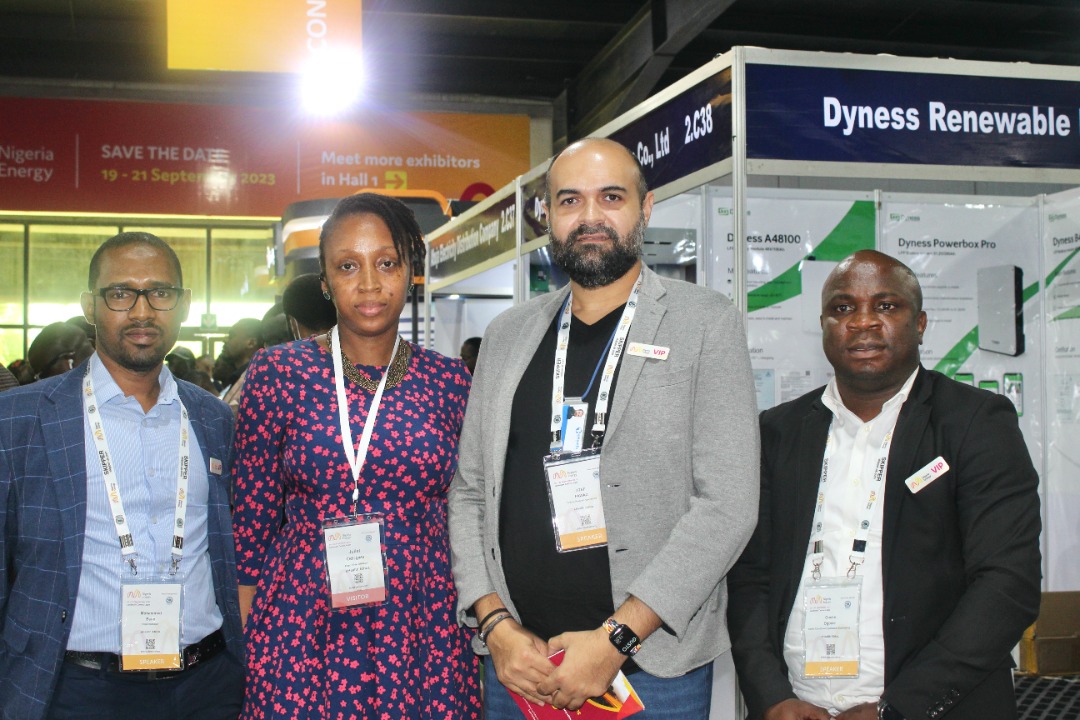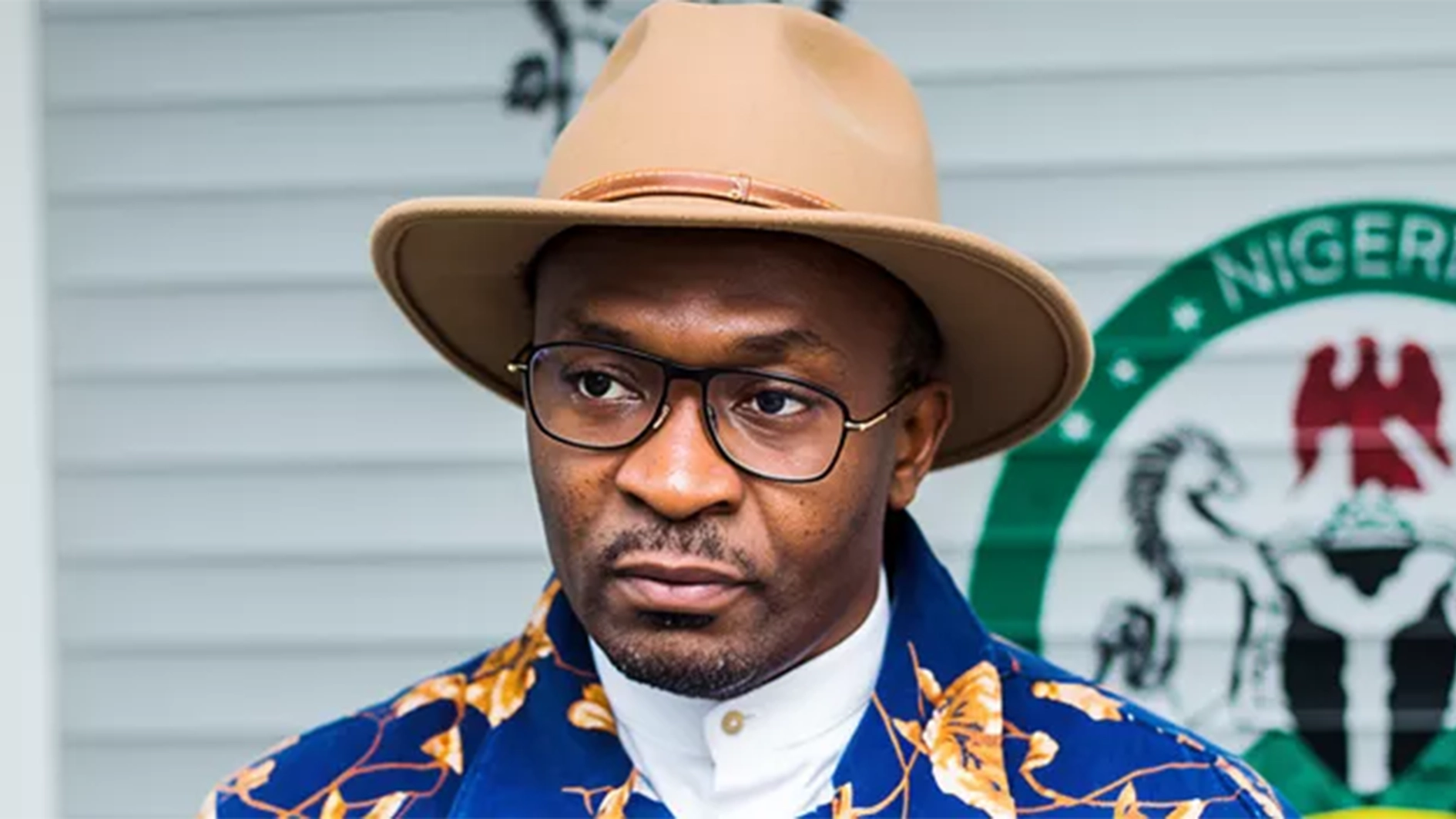 To mitigate challenges in energy sector, the use of technology, collaboration of private and public sectors, funding and sustainability have been emphasised.
To mitigate challenges in energy sector, the use of technology, collaboration of private and public sectors, funding and sustainability have been emphasised.
The importance of power and healthcare solutions have also been canvassed to address the pressing issues in sector. Speaking at the Nigeria Energy Conference, in Lagos, yesterday, Kaduna State Governor, Nasir el-Rufai, said failure of the power sector is in contrast to reforms seen in the telecoms sector.
He noted that the situation in the power sector suggests that private sector has to be the primary investor. His words: “The situation in the power sector suggests that while there is significant growth with the states and Federal Government, the private sector has to be the largest source of investment, management and know how for sustainable and affordable electricity provision.
“If this structural bottlenecks are not addressed within the public policy perspective, that gives privacy to serious private sector leadership in the power sector, even the most determined minister of power can only engage in heroic but highly futile labour.”
Executive Director, eHealth Africa, Juliet Odogwu, submitted the conference has created an avenue to discuss the challenges public healthcare face in accessing energy, its impact on the industry and proffer affordable solutions, which would help the nation, reduce issues like child and mother mortality and negative results of emergencies.
“At eHealth Africa, we provide innovative and data driven technological solutions that enable us improve healthcare,” she said.
According to her, the energy challenge in healthcare delivery is huge, as some facilities in Nigeria cannot operate after the sun sets due to unavailability of power.
She noted that the firm provides data required to make decisions about energy in health sector. They also support government in doing energy audit and assessment, as well as advise on the best solutions to deploy for efficiency.
Dissecting ‘Sustainable energy for improved healthcare delivery in Nigeria’, the panelists stressed that the lack of constant electricity at health facilities impacts healthcare delivery negatively.
Country Manager, We Care Solar, Dr. Julie Yemi-Jonathan, reiterated that alternative and reliable source of energy remains important to prompt care.
She called on government to be accommodating in respect to funding and support for Non-governmental Organisations (NGOs).
Yemi-Jonathan said her organisation is in talks with stakeholders in government and private sector to extend services to all states once funding is upscaled.
She said their solution, which is in form of a suitcase, saves life by powering labour ward, theatre and comes with headlamps, infrared thermometers for surgical light and others.
Director of Public Health, Sokoto State, Dr. Abdulrahman Ahmad, harped on the need for stable energy in health sector, saying the absence of ICT, which translates to teaching aids for health personnel, inhibits quality of training and care that can be accessed.
“Less than half per cent of our facilities have less than six hours of electricity per day. Once it is dark, deliveries and surgeries would be done with touch light or kerosene lamp. Some babies born need support of oxygen and other facilities but absence of light can hinder the child’s existence,” he added.
Project Manager, eHealth Africa, Mohammed Bello, urged preparation for and swift responses to public health emergencies by deploying context specific technologies.
Special Representative, UN Secretary-General for Sustainable Energy for All, Damilola Ogunbiyi, said the challenges in the energy sector need to be urgently addressed due to the criticality of the sector to daily activities. She noted that addressing the challenges would help the nation be at par with meeting net zero.
Managing Director, Nigerian Electricity Management Services Agency (NEMSA), Aliyu Tahir, explained that electricity is associated with a lot of hazards, saying when misused, lots of prices are paid like injury, equipment damage and others.






